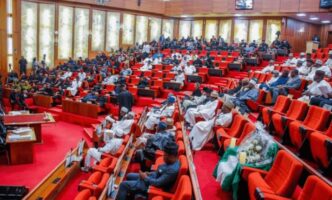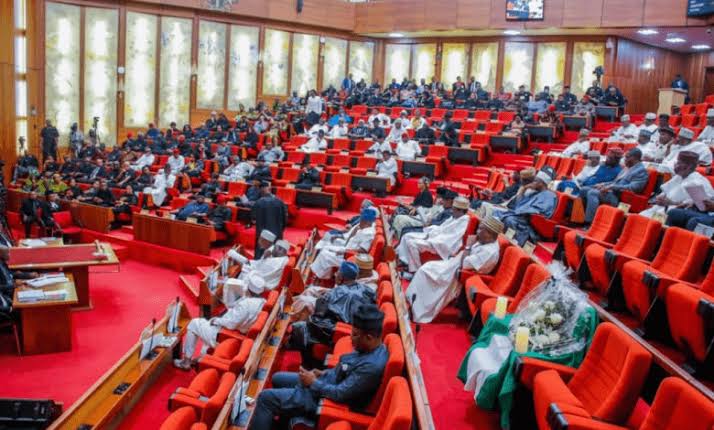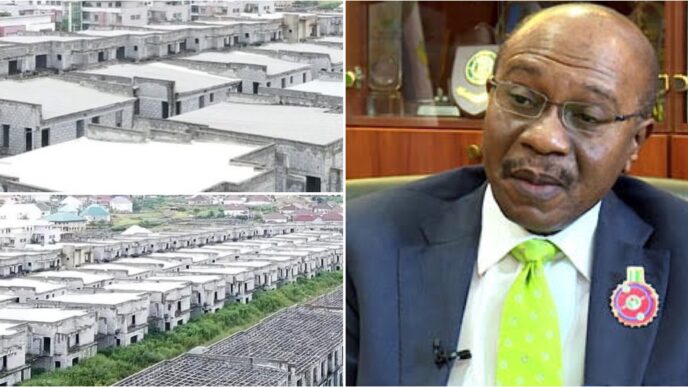In a move that could significantly boost local vehicle manufacturing in Nigeria, a bill mandating government ministries, departments, and agencies (MDAs) to prioritize Nigerian-made vehicles has passed second reading in the Senate.
The legislation, titled Local Automotive Industry Patronage Bill, 2025, was introduced by Senator Patrick Ndubueze of Imo North.
It aims to reduce Nigeria’s reliance on imported cars and strengthen the local automotive industry.
According to Senator Ndubueze, Nigeria’s overdependence on imported automobiles has weakened the naira and caused harm to local industries.
“Any country that aims to achieve steady economic growth and development must have a policy that encourages and provides a framework for local production,” he stated while addressing fellow lawmakers during the plenary session.
He stressed that when goods and services are produced locally, it helps reduce imports and increases exports.
“It is also important that goods and services are produced locally, as its ripple effect is a reduction in imports and a rise in exports (balance of trade),” he explained.
Furthermore, the senator expressed concern that Nigeria had failed to embrace its indigenous car brands.
“Today we see the seesawing of the naira, and with every plunge, inflation bites harder,” he said.
Senator Ndubueze disclosed that while 54 automobile manufacturing licenses had been issued in Nigeria, only six companies remain active.
This decline, he said, was due to foreign exchange challenges and inadequate infrastructure.
The bill proposes that at least 75 percent of vehicles purchased by public officials be fully manufactured in Nigeria and not just assembled.

“This is the first step to saving our economy, protecting our currency, and creating jobs for our people,” he added.
To qualify as a local vehicle manufacturer, companies must employ at least 70 percent Nigerian workers, spend 75 percent on local research and development, and use advanced technology like robotic painting systems.
Ndubueze also cited examples of countries like China, India, and Malaysia.
According to him, these nations banned car imports early on to support their local industries.
“Today, these countries have perfected their local processes, and we are now importing their products, some of which cannot compete with our locally manufactured vehicles,” he emphasized.
Supporting the bill, Senate Chief Whip Mohammed Monguno said the bill would give legal strength to an existing federal directive encouraging the use of local products.
“This law will insulate the directive from the whims and caprices of subsequent administrations who may want to reverse it,” Monguno said.
In addition, Deputy Senate President Barau Jibrin, who presided over the session, praised the bill.
He noted that the legislation would “provide jobs for automobile engineers in the country and encourage more investors to move into the sector.”
Barau concluded by expressing hope that the bill would receive swift presidential assent.
“We hope the process to get it assented to by the president will be expeditious,” he said.
The bill has been forwarded to the Senate Committee on Public Procurement for further legislative work.
A detailed report is expected in four weeks.














The big question is, how affordable will these cars be to it’s citizenry?